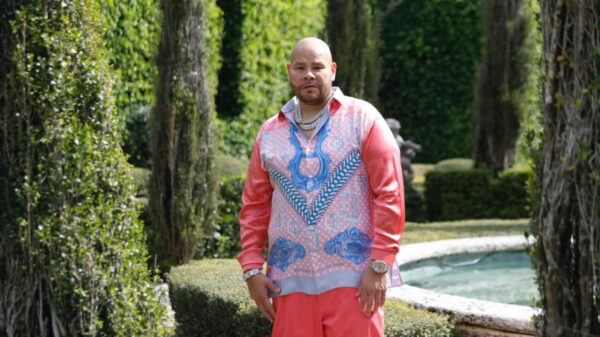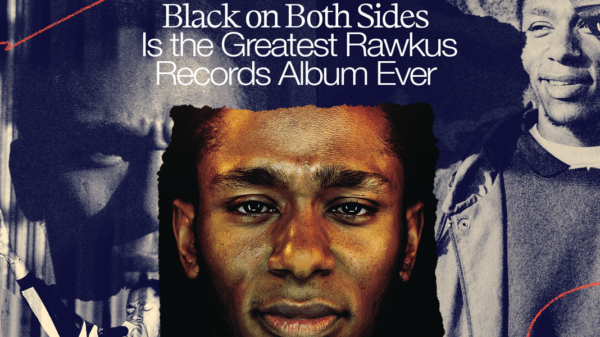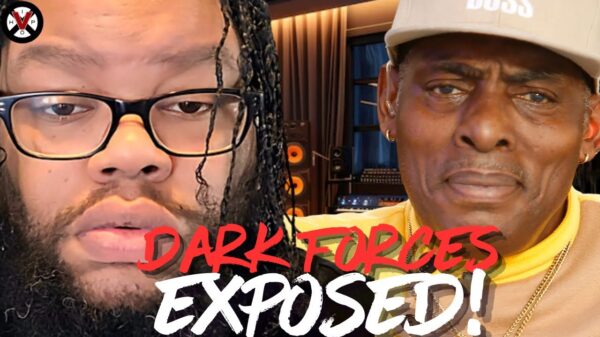Kaseem Ryan, a two-decade New York Metropolis Fireplace Division (FDNY) veteran and beloved husband, died unexpectedly over the weekend. However Ryan, in fact, was additionally Ka, an influential and beloved underground rapper, and the looking, good music he made will stay on.
Ka started his rap profession as a part of the crew Pure Parts. You’ll be able to hearken to a 1994 radio freestyle right here. The clip showcases a tough-talking, punchline-heavy model that presents a stark distinction to his later, sparser efforts — “I’ll blast you within the face whereas I hum ‘Superb Grace’ / You wanna hear it, step up and get a style.” However regardless of some file label curiosity, issues didn’t work out. In later years, Ka liked to repeat the self-deprecating story of how the group solely acquired a deal after he left.
In 1999, after Pure Parts and his follow-up venture, the duo Nightbreed, flamed out, Ka turned a firefighter and dialed again his rhyming, ultimately leaving music behind altogether in 2003. Then, a number of years later, a second act. Ka appeared, as he began making music once more whereas approaching center age, to be totally different. He was a fully-formed artist, with a relaxed, hypnotic supply that also by some means had a burning depth. His minimal, usually self-produced beats showcased his strategy completely.
Ryan’s day job and his rap profession hardly ever intersected in any public means, no less than till the New York Publish determined to do a success piece on him in 2016, aghast on the FDNY captain whose “double life as a hip-hop artist” included songs “peppered with the N-word, medication, violence and anti-cop lyrics.”
However, of their race to be racist, the Publish missed the purpose totally. The look after the group that he evinced as a captain for the hearth division was the identical care and love that got here via in each bar of his raps.
That was the factor about Ka: regardless of whether or not his central metaphor was chess (The Evening’s Gambit), Greek mythology (Orpheus vs. the Sirens), The Manchurian Candidate (Days With Dr. Yen Lo), or the Outdated Testomony (Descendants of Cain) the topic of the metaphor was the identical: his folks, his Brooklyn neighborhood, and the way his personal life experiences — together with some notably darkish ones — may inform and assist them.
“Everyone in my household was on crack,” he advised Rolling Stone about rising up. “I felt like my youth was simply stolen from me. Numerous my music is me attempting to come back to grips with that and make sense of all of it. Why did I’ve to stay via that? To be the artist that I’m in the present day — that’s how I justify it. To have an effect on people who’s going via laborious instances now.”
This message wasn’t solely on the albums themselves. It confirmed up in how he promoted them: directing and enhancing his personal movies. It additionally confirmed up in how he bought them: Ka was well-known for mailing out his albums to followers personally, for displaying up at file shops to fulfill supporters, and for holding DIY album launch occasions. At these occasions, attendees recall, he would make it possible for everybody felt welcomed and particular.
Ka confirmed his belief and love for folks within the purity of his inventive imaginative and prescient, in his pursuit of the elegant. His albums unfolded to the listeners via shut, sustained consideration. He laid it out in a 2015 interview.
“An album isn’t supposed to achieve you on the first hear,” he stated. “Proper now, we’re at an age the place there’s Mona Lisa on the wall, you have a look at it for 30 seconds and go ‘I solely just like the eyes and the lips, take all the things else away.’ The tree within the again makes the fucking image. You won’t like observe two, proper now, however that shit matches on the sequence of the album. I’m attempting to make lovely albums.”
In the direction of the tip of that very same sit-down, Ka ruminated on Shakespeare’s well-known sentiment about dying. “Cowards die many instances earlier than their deaths,” the Bard of Stratford-upon-Avon had Caesar say. “The valiant by no means style of dying however as soon as.” The Bard of Brownsville put a twist on that idea for considered one of his personal songs — “Now future is one dying for me, not a thousand.” He appeared again at a life that had taken him from crack-era struggles to inventive triumph and acknowledged that his scars are what made him who he’s. For a short second, the person so keen on self-depreciation sounded rightfully proud.
“I’ve no concern of the issues that lots of people are afraid of. I lived that life. The issues that individuals are afraid of as a result of they could get damage and even die, I don’t have these points. That’s what that line meant for me,” Ka defined. “After I die, will probably be the primary and solely time that I die.”



































